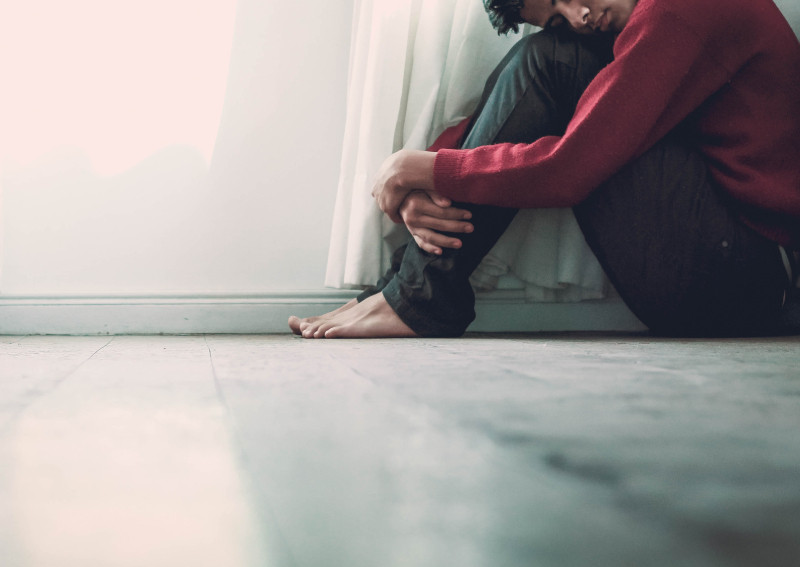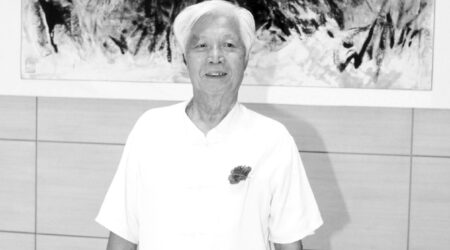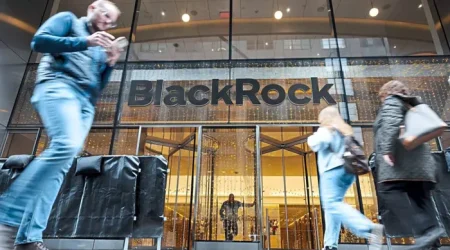Psychologists: The world is not going to end soon

People who are preparing for the end of the world are triggered by uncertainty, fear and anxiety in light of the Covid-19 pandemic, say psychologists.
In the eyes of the doomsday preppers, the pandemic portrays apocalyptic scenes of deserted cities and panic buying of essentials.
The psychologists advised the group to remain calm.
Monash University and ReGen Rehab Hospital clinical psychologist Paul Jambunathan said doomsday preppers were triggered by fear and anxiety which was exacerbated by the lack of proper information, trust in the system, lack of skills and cognitive distortions.
“We’re hardwired to live and we’ll do anything to survive if we believe that we are threatened. Fearing the end and anticipating how it might end will determine how we prepare for it.
“Some pray, some give up, some go to extreme measures and take their own lives, and there are those that prepare in different ways,” he said.
Jambunathan said some with facilitative anxiety would learn more about the current situation and try to understand the reality and adjust.
“Yet there are those who will wish to engage in unfinished business or engage in prolonging life
by living in a nuclear shelter and emerging as a survivor when the threat subsides or is over,” he said.
He advised the doomsday preppers to calm themselves by practising mindfulness and by living in the “here and now”.
Malaysian Mental Health Association president Datuk Dr Andrew Mohanraj Chandrasekaran said throughout recorded history, anticipating an imminent apocalypse had happened before, particularly in times of natural disasters and pestilences.
“This Covid-19 pandemic, however, has recreated this feeling like no other catastrophe, simply because of the uncertainty surrounding the pandemic,” he said.
Hence, Dr Mohanraj said people preparing for the apocalypse must accept the reality of the present and find a way to cope with the situation which included caring for the safety and well-being of others.
Psychologist Dr Anasuya Jegathevi Jegathesan said doomsday preppers tend to be influenced by other people such as religious groups, conspiracy theorists or by the belief system of cults.
She said as some people suffer from extreme anxiety, the idea of the world ending becomes popular.
“Another reason I believe some think that the end of the world is coming is because they are egoistic.
“They do not believe that the world can continue without them. They think they are so important that when the world ends, the world must end with them.
“They believe that the end of the world will happen in their lifetime,” she said.
Dr Anasuya, who is also Taylor’s University psychology programme director, said human beings had the tendency to exaggerate and go to the extreme.
“An extreme creates a rush of emotions like Covid-19 where suddenly everyone goes into a doomsday scenario.
“There is a high death rate from Covid-19 and you need to be careful but it is not the end of the world yet. It is going to take a lot more before the world ends.
“It may be the end of economic overabundance and it may not be a bad thing but it is not the end of the world per se,” she said.
She added that it was fine to prepare for emergencies but over-preparing was not.
“Have a plan but don’t have a plan that you are so into believing that the world is going to end, you forget that you are living,” she said.












Leave a Reply